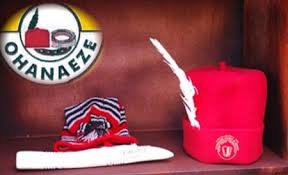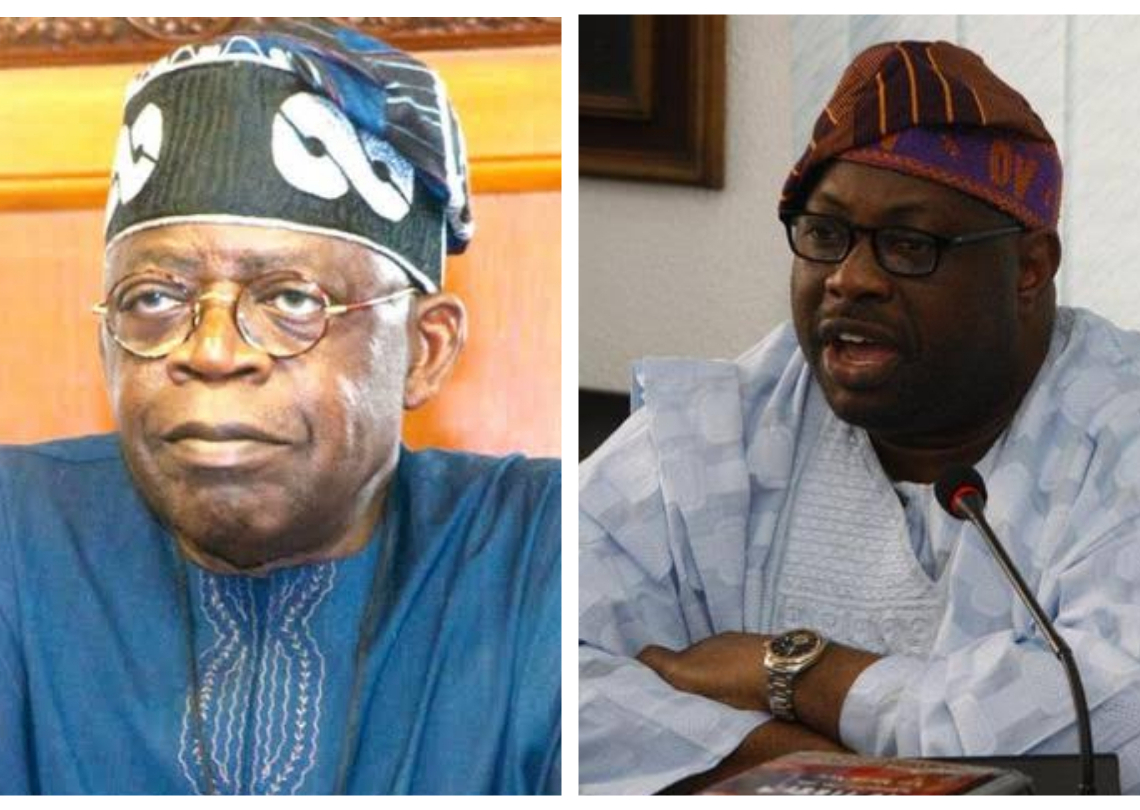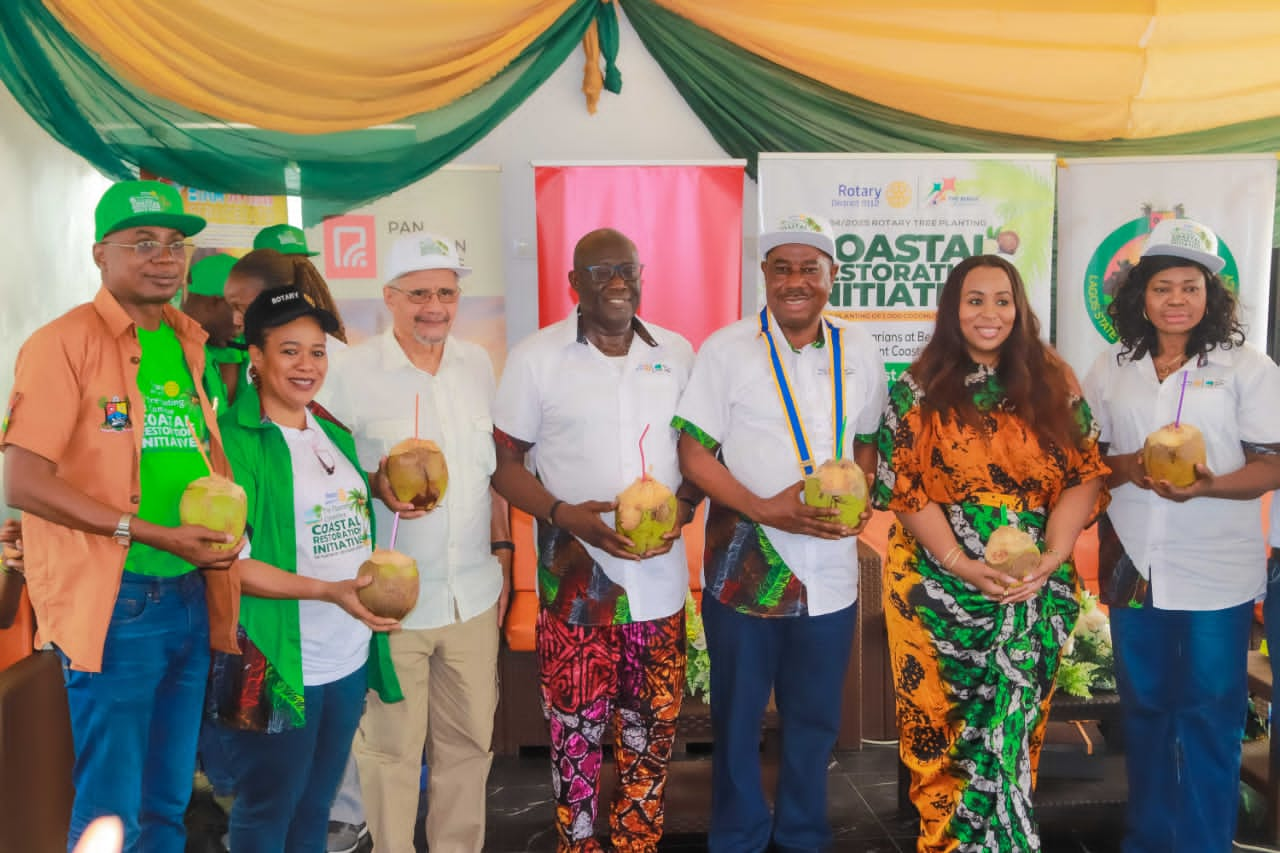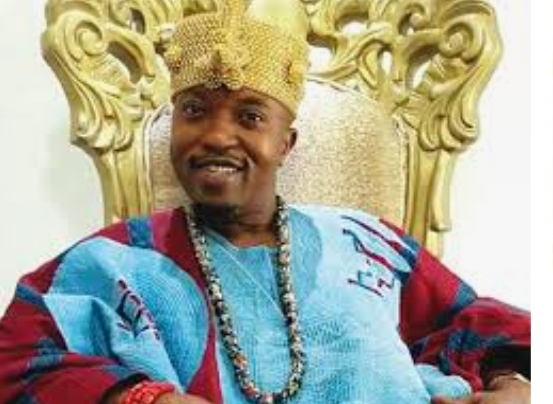The Council of Elders of Ohanaeze Ndigbo Worldwide has called on President Muhammadu Buhari to bring to book, all those who played remote and immediate roles in the killing, maiming and destruction of Igbo properties in Lagos State, South-west Nigeria.
Condemning the profiling of Igbos, especially in Lagos, and other parts of Nigeria for the attack, the Council reminded Nigerians and authorities that the current events were similar incidents that triggered the 30-month civil war that claimed the lives of millions of Nigerians.
The Elders, in a communique, issued at the end of its emergency virtual meeting, held on Wednesday, which was made available to journalists in Enugu, on Thursday, had in attendance – members from Nigeria, the United States of America, the United Kingdom, Italy and other parts of the world.
It directed Ohanaeze Ndigbo in collaboration with the Council, to set up a Committee of Enquiry to carry out a full investigation into the killings and destruction of properties and assets of Ndigbo in Lagos.
It also set up an emergency telephone line, where Igbos in Lagos, who are victimised because of their origin could make reports.
The Council which unequivocally stated that Igbo people are not at war with the Yoruba or any other ethnic grouping in Nigeria emphasised that terms of reference of the report of enquiry must indicate: “Number of Igbos killed, number of Igbos injured and hospitalised, number of Igbos permanently incapacitated and comprehensive report of Igbo assets and properties destroyed, including the burning of markets.”
The communique was signed by the Chairman, Council of Elders in Nigeria, Chief Emmanuel C. Iwuanyanwu; Secretary General, Ohanaeze Ndigbo Worldwide, Ambassador Okey Emuchay; Chief Simon N. Okeke, Nigeria; Elder Adolphus Umunnakwe Agbasonu, Europe; Mazi Ignatius Muotoh, Europe; Prof. Godfrey Ajoku, USA; Chief Kingsley Obaji, USA and National Publicity Secretary of Ohanaeze Ndigbo, Dr Alex Ogbonnia.
According to the resolution, the emergency Council meeting was convened to review the painful and agonising experiences of the Igbo in Lagos during the recent general elections.
It observed that during the election, innocent Igbo residents in Lagos, who came out as patriotic Nigerians, to cast their votes were assaulted, brutalised and some killed in the process, by some miscreants and thugs recruited by some desperate politicians.
It communique partly read, “These unpatriotic Nigerians destroyed properties belonging to the Igbo, for example, a whole market was burnt. The information available to us reveal that they are still threatening the lives of Igbo and their properties in Lagos State.
“The Elders, at this meeting, critically reviewed the Igbo experiences in Nigeria and unanimously agreed that Igbos, since the amalgamation of Nigeria in 1914, have remained committed towards peace, progress and economic development of Nigeria.
“The Igbo at various times, demonstrated this commitment through the activities of some of their sons and daughters.
“The Elders recalled with sadness and deep regret, the events of 1966 that led to the Nigerian civil war. The civil war destroyed many Igbo lives and properties. Indeed, Ndigbo at the end of the civil war in January 1970, were impoverished and brutalised physically and materially. The Elders drew a similarity between the current events in Lagos to those that led to the civil war,” it noted.
The communique maintained, “In the recent events, the Igbo were attacked during the Lagos governorship election for voting for political parties of their choice in an election which featured only Yoruba candidates. All the candidates for the election in Lagos State were Lagosian or Yorubas. It is therefore strange, unjust and inconceivable to profile the Igbo and their assets for destruction because they exercised their franchise in favour of the Yoruba candidates.
“It was observed that any Igbo man who attempted to defend himself was branded a thug, arrested and detained while the assailants who manifested and exemplified thuggery were freed,” it further alleged.
While advising Igbo people living in Lagos to remain calm and go about their normal businesses, the Council called on the state governor, Babajide Sanwolu, to use his office as the Chief Security Officer of Lagos State, to protect Igbo lives and properties and ensure that the Igbo who are maliciously detained in the various police stations are released immediately.
“We have been in touch with some leaders of Lagos State and we are convinced that there is no state of war or crisis between the Igbo in Lagos and Lagosian or Yorubas, rather, it is the handiwork of a few desperate politicians and miscreants,” the Elders Council insisted.
It added, “We also intend to point out to Asiwaju Bola Ahmed Tinubu and the governor of Lagos State that, just as the votes cast for the Labour Party in Lagos State could not have been from the Igbo community alone, there are numerous Igbos in Lagos State who are not only staunch members of the APC, but vehemently supported and voted for the APC in all the elections.”
“The Elders, therefore, resolved to take the following actions, “To formally petition the President and Commander-In-Chief of the Armed Forces, President Muhammadu Buhari, GCFR, in order to express our sadness and disappointment over this unfortunate development. We also intend to send a protest letter to the National Assembly and other relevant agencies, to express our feelings.
“High powered Igbo delegation will be sent to Lagos, to meet with some leaders of Lagos State in order to establish a lasting cordial and peaceful relationship between the Igbo and the Yoruba in Lagos.
“The Elders have directed the Secretary General of Ohanaeze Ndigbo, in association with the Council of Elders of Ohanaeze Ndigbo, to set up an Enquiry to carry out a full investigation into the killings and destruction of properties and assets of Ndigbos in Lagos.
“Ohanaeze Ndigbo will ensure that all perpetrators of this criminal activity are brought to book and adequate reparation/ compensations paid to the victims,” it remarked.
Concluding, the Council deposed, “The Elders have resolved that Ndigbo will no longer fold their hands and watch their kit and kin humiliated, brutalised and killed.
“Based on the foregoing, the Council of Elders directed Ohanaeze Ndigbo to set up an Emergency Telephone Line where Igbos in Lagos who are victimised because of their Igbo origin will report.”
The Punch


 News6 years ago
News6 years ago
 Featured6 years ago
Featured6 years ago
 Boss Picks6 years ago
Boss Picks6 years ago
 Headline6 years ago
Headline6 years ago
 Headline6 years ago
Headline6 years ago
 Headline6 years ago
Headline6 years ago
 Headline6 years ago
Headline6 years ago
 Headline6 years ago
Headline6 years ago













